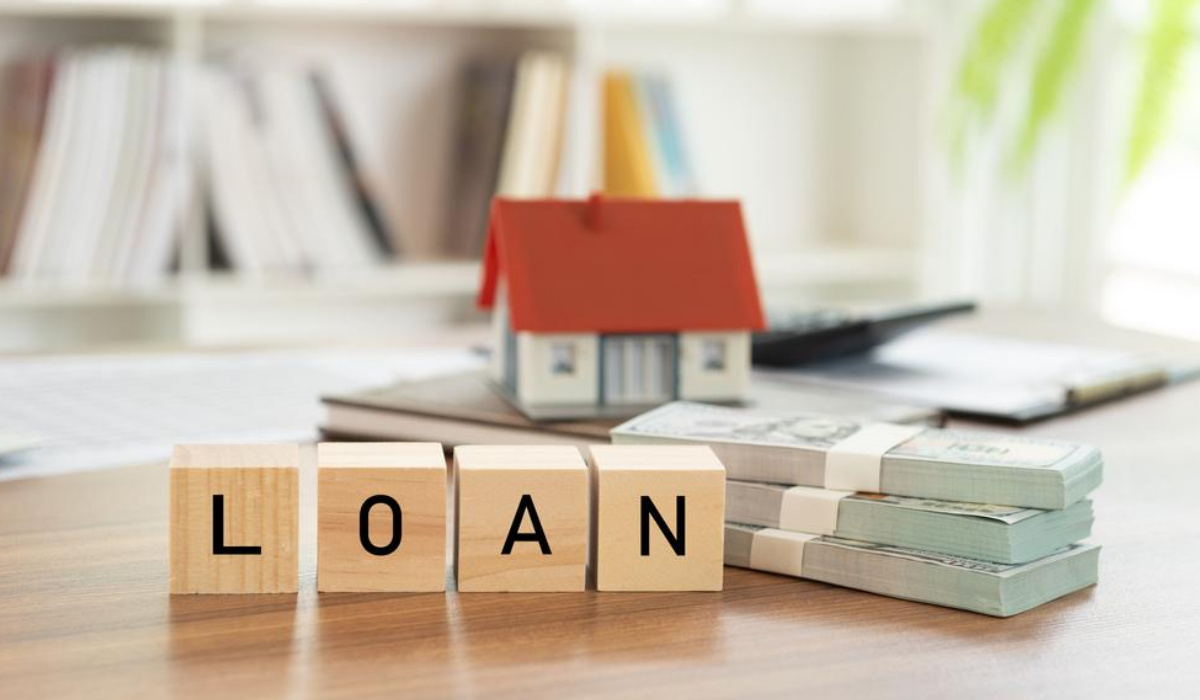Asia-Pacific Insights
Exploring the latest trends and news in the Asia-Pacific region.
Cracking the Code of Home Loans: What They Don't Tell You
Unlock the secrets of home loans! Discover hidden truths and expert tips to make your mortgage journey a breeze. Don't miss out!
Understanding Hidden Fees in Home Loans: What Lenders Don’t Disclose
When applying for a home loan, many borrowers focus solely on the interest rate and monthly payments, often overlooking the hidden fees that can significantly increase the overall cost of their mortgage. These fees can take many forms, including but not limited to origination fees, appraisal fees, and closing costs. It's crucial for potential homebuyers to request a detailed breakdown of all costs associated with their loan, as these additional charges can add thousands to the initial expenses of buying a home.
Some lenders may also include prepayment penalties, private mortgage insurance (PMI), and document preparation fees among their undisclosed charges. To avoid falling victim to these hidden fees, consider asking your lender about any potential costs that may arise during the life of the loan. Utilizing resources like a Loan Estimate can help uncover these expenses, ultimately leading to a more informed decision. Remember, understanding the complete financial picture is essential in securing the best mortgage deal for your needs.

The Truth About Interest Rates: Fixed vs. Variable Explained
When borrowing money, understanding the differences between fixed and variable interest rates can save you significant amounts over time. A fixed interest rate remains constant throughout the term of the loan, providing stability and predictability in your monthly payments. This can be particularly advantageous in a fluctuating economic environment where interest rates might rise, as you'll know exactly what to expect. Conversely, a variable interest rate can change based on the performance of a benchmark rate, such as the prime rate. This means your payments could potentially decrease if rates drop, but they might also increase, leading to uncertainty in your financial planning.
Deciding between fixed and variable rates involves assessing your risk tolerance and financial goals. If you prefer the peace of mind that comes from knowing your payments will not change, a fixed rate might be the way to go. On the other hand, if you are comfortable with some level of risk and are planning to pay off your loan quickly, a variable rate could offer lower initial rates and potential savings. Ultimately, understanding the truth about interest rates is crucial in making an informed decision that aligns with your financial strategy.
10 Common Home Loan Myths Debunked: What You Really Need to Know
When it comes to securing a home loan, many prospective buyers are often misled by common myths that circulate in the housing market. One prevalent myth is that you need a 20% down payment to qualify for a mortgage. In reality, there are various loan options that allow for much lower down payments, sometimes as low as 3% or even 0% for certain programs. Understanding these options can significantly widen your ability to purchase a home without draining your savings.
Another misconception is that having a poor credit score automatically disqualifies you from getting a home loan. While a low credit score can affect your loan terms and eligibility, it does not necessarily preclude you from obtaining a mortgage. Many lenders offer programs designed specifically for buyers with less-than-perfect credit. It’s crucial to consult with mortgage professionals who can guide you through the best strategies to enhance your chances of homeownership despite these types of challenges.